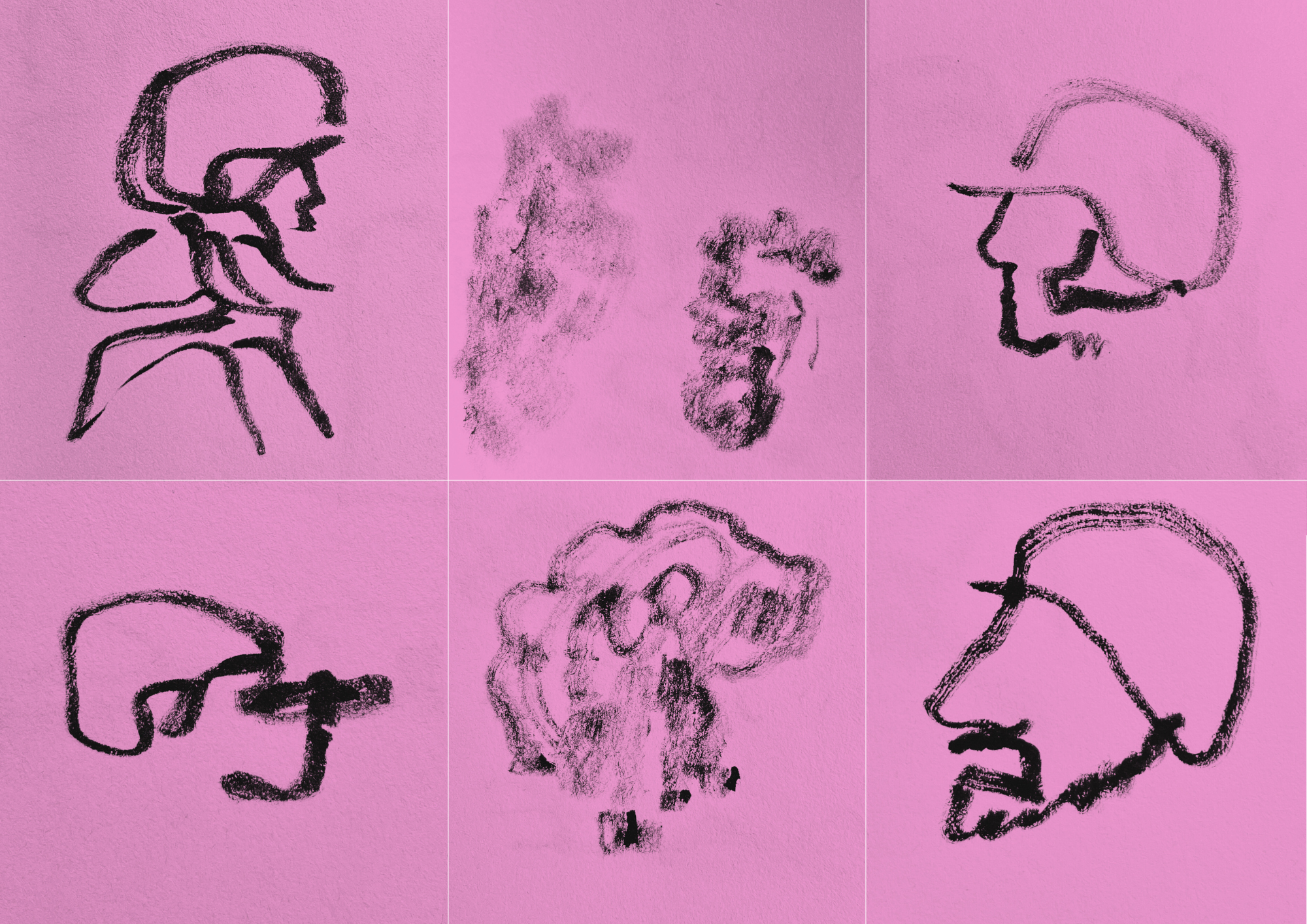


Alisa Kovalenko: My Dear Théo/ 2

Second time I saw this film. Same reaction. Emotional reaction. A mother decides to go to war to fight for her country. And first and foremost for the future of her child with whom she video-communicates during the film and to whom she writes letters. A different version but thematically basically the same as British Humphrey Jennings did in 1945 with “A Diary for Timothy”.
Faces, small movements, boredom in the trenches in Ukraine at the front line. They sit, they lie in the grass, they smoke, they are in the house that is their home, here there is internet connection so they can talk to their loved ones. 98 minutes long is the film, not a minute too long, my wife said to me after the screening, and she is normally having this comment after a screening, “it was too long”.
I saw it this time… how the intensity of the narrative is increasing towards the end of the film, when the volunteer brigade moves to liberate village(s) near Kharkiv. With losses. To be understood clearly when the end credits roll. Unbearable to read “lost in action” on one photo after the other. Of mostly middle aged men. Fathers and husbands. Unbearable because we just saw them alive minutes ago in the film! (I remember a film director who once said that “this is why we make films… to keep “them” who were on the screen alive”.)
This second screening took place at ZagrebDox. Alisa Kovalenko was there, alone. At CPH:DOX Théo and his father and grandmother were there. I asked Théo what he thought about the film, thumbs up was his reaction. Me too!